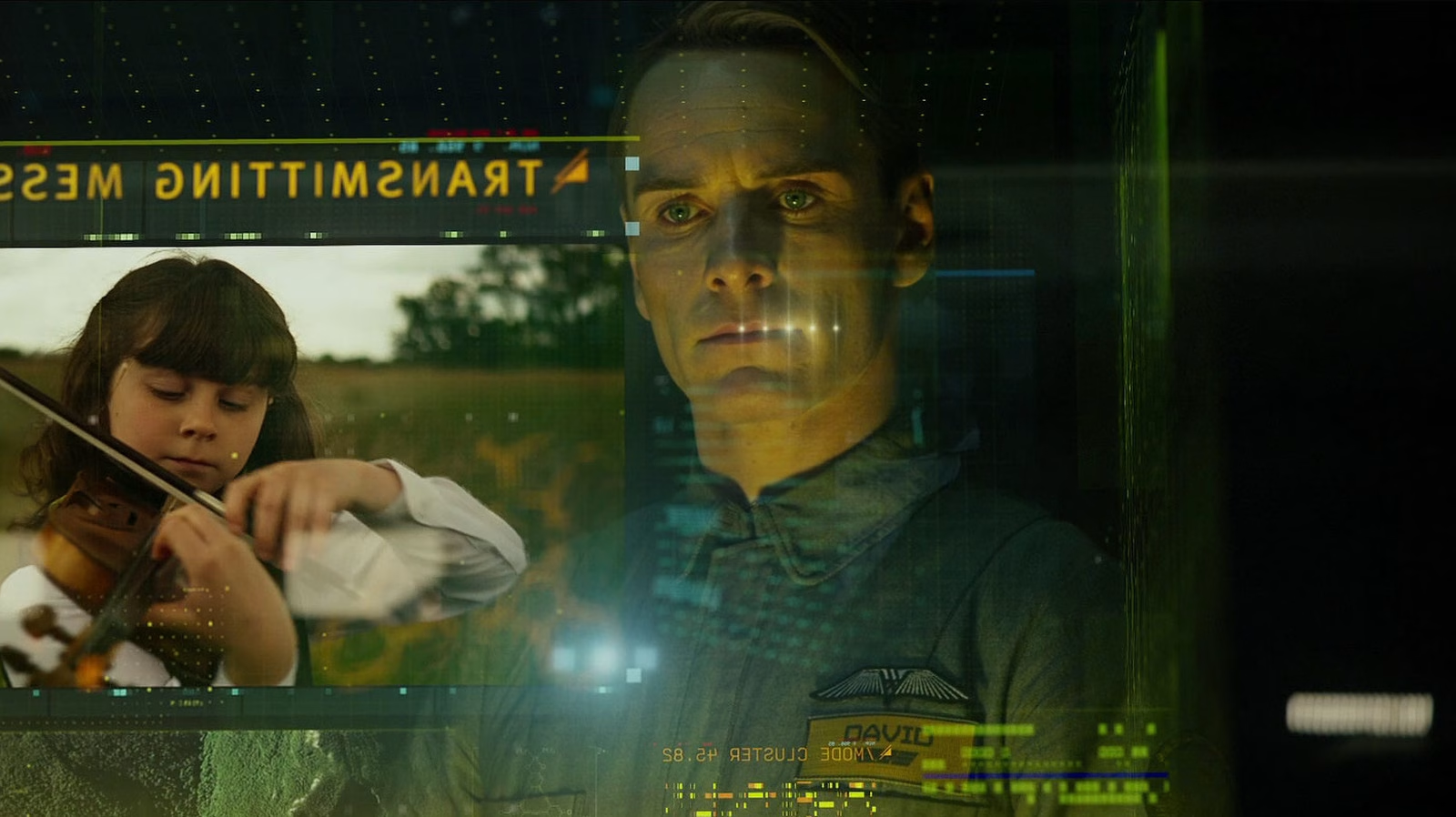How long can it take for a film to find its deserved recognition? Apparently, 13 years. Ridley Scott’s 2012 film Prometheus divided both Alien franchise fans and critics upon its release. Instead of returning to the roots of the iconic alien monster story, Scott embarked on a far more esoteric and philosophical journey. With an unexpectedly abstract approach for a big-budget blockbuster, the film sparked one of the fiercest debates since the Star Wars prequels.
Yet, over time, something shifted. As the film’s iconic artificial lifeform famously said, “Big things have small beginnings.” Despite a stellar cast including Noomi Rapace, Charlize Theron, Idris Elba, and Michael Fassbender, Prometheus sought value beyond commercial success. Its trade of the existential dread of the original Alien for a meditative, mythological exploration of humanity’s origins upended audience expectations.
In recent years, however, Prometheus and its follow-up, Alien: Covenant, have gained a vocal group of defenders. Now, the film is finding the appreciation it missed at the box office through rediscovery on streaming platforms. Climbing to the top of HBO Max’s watchlists, it resonates with audiences’ primal, instinctive search for their origins. By exploring godlike beings like the mysterious “Engineers” and themes of creation, Prometheus offers far more than a typical horror film.
Perhaps some films don’t capture the spirit of their time but create their own. With its bold stance, Prometheus proves its vision’s worth as audiences catch up, making it one of those rare films that stands not only as a movie but as a manifesto for the future of cinema.














